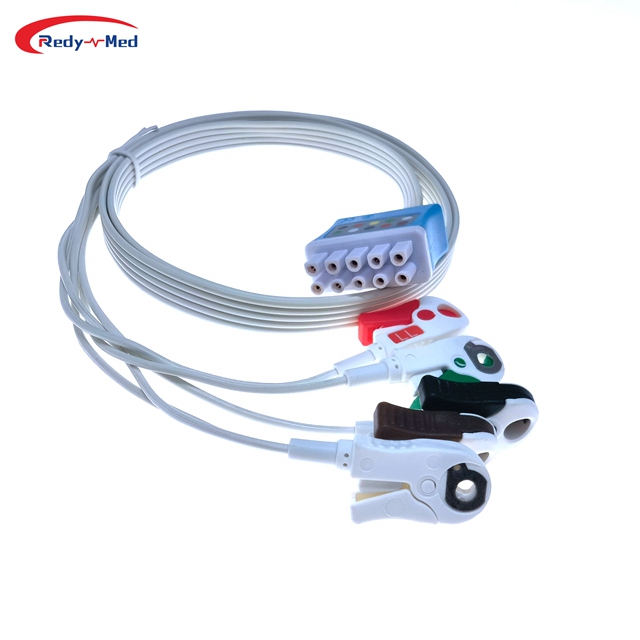
Can ECG leads be reused?
2024-03-21 00:03:27

Understanding the Reusability of ECG Leads
The Function of ECG Leads
ECG leads are an integral part of an electrocardiogram, a medical procedure used to monitor the electrical activity of the heart. These leads are responsible for transmitting the electrical signals from the heart to the ECG machine, enabling healthcare professionals to analyze the heart's functionality.Disposable vs. Reusable Leads
Traditionally, ECG leads have been categorized into disposable and reusable leads. Disposable leads are intended for single-use only and are disposed of after each patient examination. On the other hand, reusable leads are designed to withstand multiple uses, provided they are properly cleaned, disinfected, and maintained according to specific guidelines.
Can ECG Leads be Reused?
Advantages of Reusable Leads
Reusable ECG leads pose certain advantages, such as cost-effectiveness and reduced waste generation. Hospitals and clinics can save money by investing in reusable leads, as they do not need to constantly restock disposable ones. Additionally, utilizing reusable leads reduces the amount of medical waste generated, promoting environmental sustainability.Proper Handling and Maintenance
However, reusing ECG leads requires proper handling and maintenance protocols to ensure patient safety. The electrical components of the leads must be thoroughly cleaned and disinfected between uses to prevent cross-contamination and the spread of infectious diseases. Adhering to manufacturer instructions and healthcare facility guidelines is crucial to maintain the integrity and performance of the leads.
Disposal of ECG Leads
Controversies Surrounding Reusable Leads
Despite proper cleaning protocols, some studies suggest that reusable ECG leads may retain microorganisms even after disinfection. These contaminated leads could potentially contribute to hospital-acquired infections. This controversy has led to debates regarding the safety and efficacy of reusing ECG leads.Current Recommendations and Regulations
To address concerns regarding potential contamination, regulatory bodies like the Association for the Advancement of Medical Instrumentation (AAMI) and the Centers for Disease Control and Prevention (CDC) have issued guidelines and standards for proper handling, disinfection, and disposal of ECG leads. These recommendations emphasize the importance of regular cleaning, high-level disinfection, and apprropriate disposal methods. In conclusion, ECG leads can be reused but only if proper cleaning and disinfection protocols are followed diligently. Reusable leads offer advantages in terms of cost-effectiveness and waste reduction, but patient safety and infection control should always be the top priority. Adhering to established guidelines and regulations is crucial to ensure the integrity and usability of ECG leads, promoting both patient health and environmental sustainability.Get the latest price? We'll respond as soon as possible(within 12 hours)




